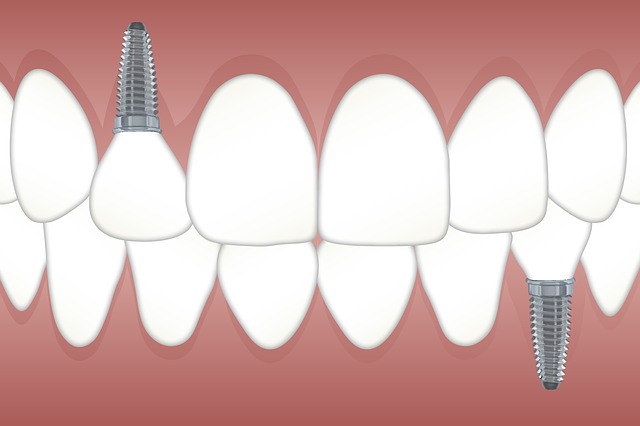If you are in the position to be considering a dental implant procedure, there are likely a number of questions running through your head. But in the moment, when you are talking to Dr. Bowyer, you may forget a number of the questions that have been top of mind. In order to make your decision about dental implants a bit easier, we’ve created this handy guide of common questions that we get asked before dental implant procedures. And just in case you’ve already completed your consultation and still have burning questions, we’ve given some common answers below. However, as always, reach out to Dr. Bowyer for more personalized information for your situation.
How soon after an extraction should I get my implant?
There are three different time periods when you can get a dental implant after an extraction – Immediately, Early Placement (2-3 months) or Delayed Placement (3-12 months). The primary factor determining when you will be eligible for placement of the implant is whether you have sufficient bone at the site. To understand this, we would recommend a consultation with Dr. Boywer, who can determine the right course of treatment for you.
What level of discomfort should I expect during the dental implant procedure?
During the procedure itself, you are unlikely to feel any discomfort. Your mouth will be numbed ahead of the procedure, which will allow you to have the procedure done without any feeling. In fact, the process of numbing the area is more likely to cause discomfort in the moment than the procedure itself.
What is the post-procedure recovery like?
You may feel slight discomfort at the site of the implant for about 1 week after the procedure, starting with some bruising and swelling within the first 24 hours after the procedure. If you are feeling any pain from your dental implant 2 weeks or more after the procedure, please call our office.
Are there downsides to getting dental implants?
If you are missing a tooth or needing a tooth extraction, the reasons to get a dental implant typically far outweigh the negatives. However, every person’s case is different, and there are some potential side effects to the dental implant procedure. The risks and complications for dental implants include infection, damage to other teeth, delayed bone healing, nerve damage, prolonged bleeding and jaw fractures. However, these complications are exceedingly rare.
What can I eat after a dental implant procedure?
What you can and cannot eat after getting dental implants is a common question, and is mostly about allowing the site of the procedure to heal and preventing further discomfort. We have a written a handy guide on what you should and should not eat after getting dental implants.
What should I not do after getting a dental implant?
While getting a dental implant is considered dental surgery, modern techniques make the procedure minimally invasive. While you will likely have some pain and discomfort at the site of the implant over the first 24 hours that will prevent you from eating and drinking as you normally should, you should be back to completely normal life within the next week or so. We discourage you from doing anything that could disrupt the healing process, including drinking through a straw or enjoying hot foods.
Will other people know that I have a dental implant instead of my natural tooth?
Modern dental implants can be fashioned to match and look like your natural teeth. Dr. Bowyer can create a dental implant that has the same color and shape as the tooth that went missing, making it very difficult for another person to tell which of your teeth is natural and which is the implant.
Will my dental insurance cover getting a dental implant?
The answer to this question is highly dependent on the dental plan that you have. However, unfortunately, quite a few dental plans do not cover dental implants – even when they are necessary for your dental health. To discuss the financial impact that getting dental implants will have on you, reach out to our office for more personalized information.

